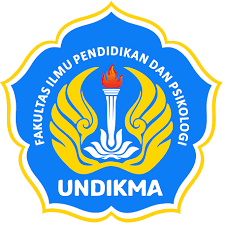Analisis Biaya Pertanian dengan Metode Matteseng berdasarkan PSAK 406 tentang Musyarakah (Studi desa Unra Kec. Awangpone Kab. Bone)
Abstract
This study aims to analyze the determination of agricultural costs using the matteseng method and its relevance to PSAK 406. This research employs a qualitative method with a field approach, involving interviews, observation, and documentation with the community in Unra Village. The results show that in the Matteseng method, all production costs are generally borne by the cultivators, in line with the mukhabarah contract. Cost components vary depending on the season, with a significant spike in irrigation costs during the dry season due to the additional water needs. The relevance of the matteseng method to PSAK 106 concerning musyarakah lies in the initial agreement, profit-sharing, and the rights and obligations of each landowner party as passive partners and cultivators as active partners. This practice upholds the principles of fairness, agreement, and risk-sharing, except in the aspects of reporting and recording
Copyright (c) 2025 Hilyatul Aulia, Muhammad Yamin, Muhammad Abdi Buhasyim

This work is licensed under a Creative Commons Attribution-ShareAlike 4.0 International License.









